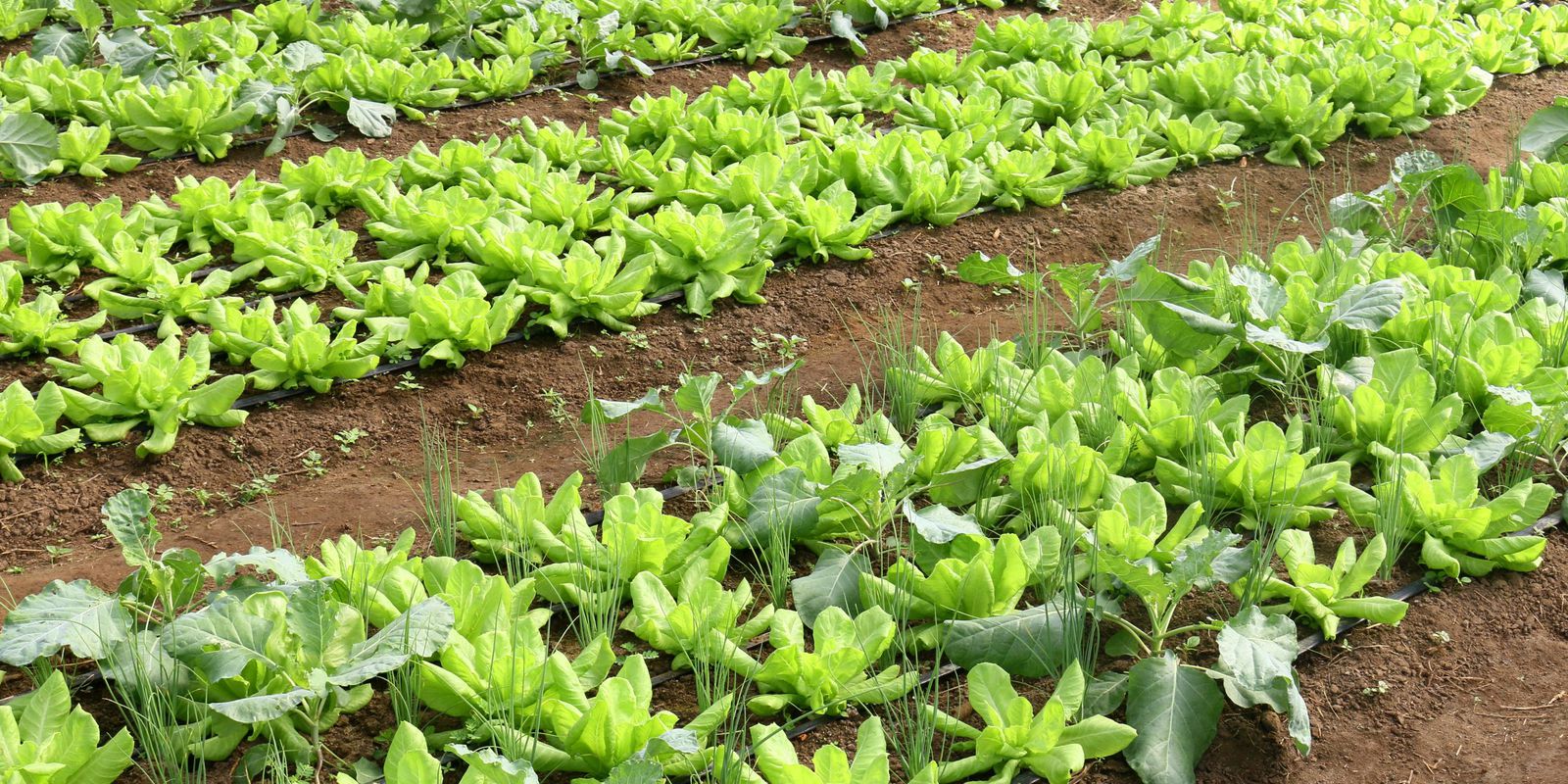The Ministry of Agrarian Development will launch, in May, a national program aimed at stimulating the production of healthy foods. According to the portfolio’s executive secretary, Fernanda Machiaveli, the policy should be announced together with the presentation of this year’s Crop Plan.
“[O programa] will have a vision of stimulating the production of healthy food, which comes from agroecology, from family farming, which is produced in a sustainable and healthy way”, said Machiaveli, in an interview with Brazil Agency, during a seminar by the Oswaldo Cruz Foundation (Fiocruz), in Rio de Janeiro. Agroecology is the concept that involves the production of healthy foods with respect to environmental, social and cultural aspects.
Fernanda explains that, in recent years, there has been a reduction in food diversification in family farming with incentives, for example, for the production of soy by this segment.
According to the executive secretary, one of the fronts of the program will be to discourage the use of pesticides in the country. “This is also an agenda that civil society has been demanding from us.”
Commission
According to Fernanda, the federal government is restructuring the sector’s national policy. Last week, for example, a working group was created to reconstitute the National Commission for Agroecology and Organic Production.
“This technical working group, with members of the government and civil society, has up to 45 days to make a proposal for the reconstitution of this new commission. discussed and that were dammed up in the last six years”, explained the executive secretary of the commission, Silvio Brasil.
Another structure that is being rebuilt is the interministerial committee on Agroecology, which will hold its first meeting this week. The director-president of the National Food Supply Company (Conab), Silvio Porto, explained that the Food Acquisition Program (PAA), recently relaunched by the federal government, should also stimulate the production of healthy foods with agroecological systems.
The program facilitates the government purchase of food produced by family farmers and small rural producers.
“O [antigo] PAA already carried out a payment differentiation process, with an overprice of up to 30% in relation to agroecological products, in a perspective of valuing the incorporation of these foods. There is a tendency for us to resume this perspective for this valuation.”
The national secretary for Food and Nutrition Security, Lilian Rahal, explains that ensuring good nutrition is not just eating more, but mainly eating well. “Sometimes, the person is not underweight, but is malnourished. They don’t have a weight deficit, but they have a nutrient deficiency due to poor diet.”
Agroecology
According to Maria Emília Lisboa Pacheco, from the executive nucleus of the National Agroecology Articulation (ANA), it is possible to guarantee the supply of healthy food to the Brazilian population, but for that to happen, it is necessary to invest in production models such as agroecology.
“We question the model [de produção] based on monocultures, with the use of poisons and the increasing release of transgenics, which impact the health of nature and human health. With the country focused on the agro-export of commodities, we continued with hunger. Grants and debt forgiveness always occur in relation to agribusiness. It is not possible to demand from family agriculture, that it produce, if we live in a country where rights were withdrawn and there was a deconstruction of policies [para este segmento]”, said Pacheco. “It is necessary to invert the paradigms. It is possible to feed with another perspective in the relationship with the environment and respect for the people”.
For the vice president of the Brazilian Association of Agroecology (ABA), Fran Paula, the government needs to encourage the agroecological model of production.
“Most traditional territories, quilombolas, have been doing agroecology for a long time, with management practices, production of poison-free food, with their own seeds. But there are several factors that limit the reproduction of these practices [em outros locais], among them the advance of agribusiness, the use of pesticides. So, the State needs to guarantee possibilities for us to expand this format of producing healthy food and benefiting a larger number of people, including those who eat in cities”, he explained.









